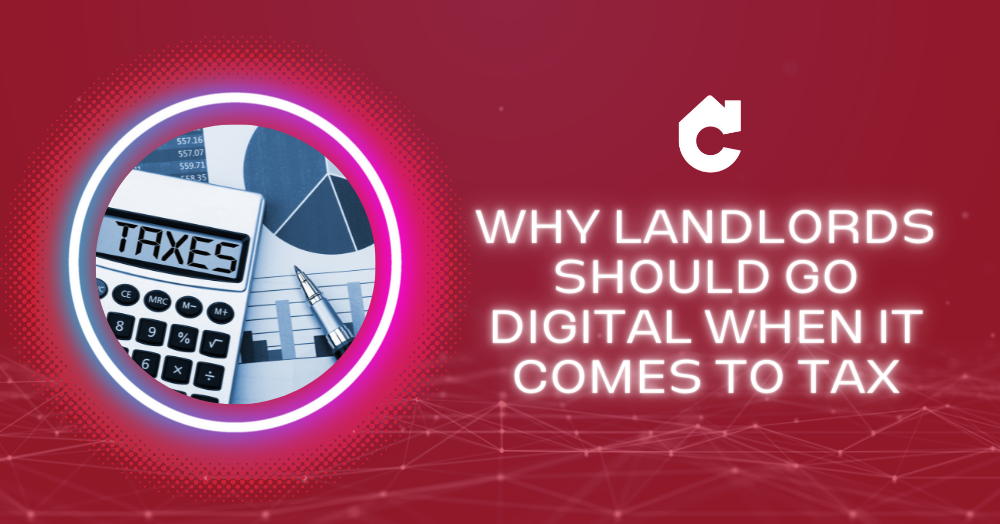n April 2024, all landlords with an income of over £10K will have to
comply with a scheme called Making Tax Digital (MTD).
While that deadline is 18 months away, it will come around quickly
enough. It’s worth making plans now so that you can transition to MTD without
any last-minute panic or getting on the wrong side of our good friends at HMRC.
Here’s a rundown of what MTD is and what it means for landlords.
MTD explained
MTD is a digital tax filing system which HMRC claims will make things
easier and more efficient.
Larger businesses that claim VAT already comply with MTD, and in 2024,
self-employed business owners and landlords will also be required to come on
board.
Under MTD, people who self-assess, such as landlords, will be required
to keep digital records of all income and expenses. They’ll have to send HMRC
quarterly income and expenditure updates and file an End of Period Statement
using approved third-party software.
Who will be most affected?
If you already use software to keep track of all your property-related
admin, the changes won’t be such a big leap for you as you’re already tech
savvy.
But if you’re someone who typically scrambles at the last minute to meet
your tax deadline, and relies heavily on old-fashioned paper copies of
receipts, then you’ll have to adapt.
If you fall into the latter category, it’s worth doing your homework on
MTD now. This will give you time to get the right software and familiarise
yourself with how to use it.
Tips and important considerations
- HMRC
has various educational resources on its website and runs free tax
workshops for people who self-assess. Why not invest a bit of time in
learning more about MTD?
- If an
accountant handles your tax affairs, talk to them about MTD and ensure
they use MTD-approved software.
- Landlords
with several rental properties will still only need one digital account.
You can file your income and expenditure for all your properties on one
account.
- A good
letting agent will be an asset when it comes to MTD. If your property is
managed by a letting agent, you’ll already have quick and easy access to
the bulk of your outgoings, and they’ll also send you a monthly rental
income statement.
This article is intended to provide general advice only. Always consult
an accountant for advice and guidance specific to your situation. For more
information, contact us here at Cooke & Co Estate and Letting Agents .

